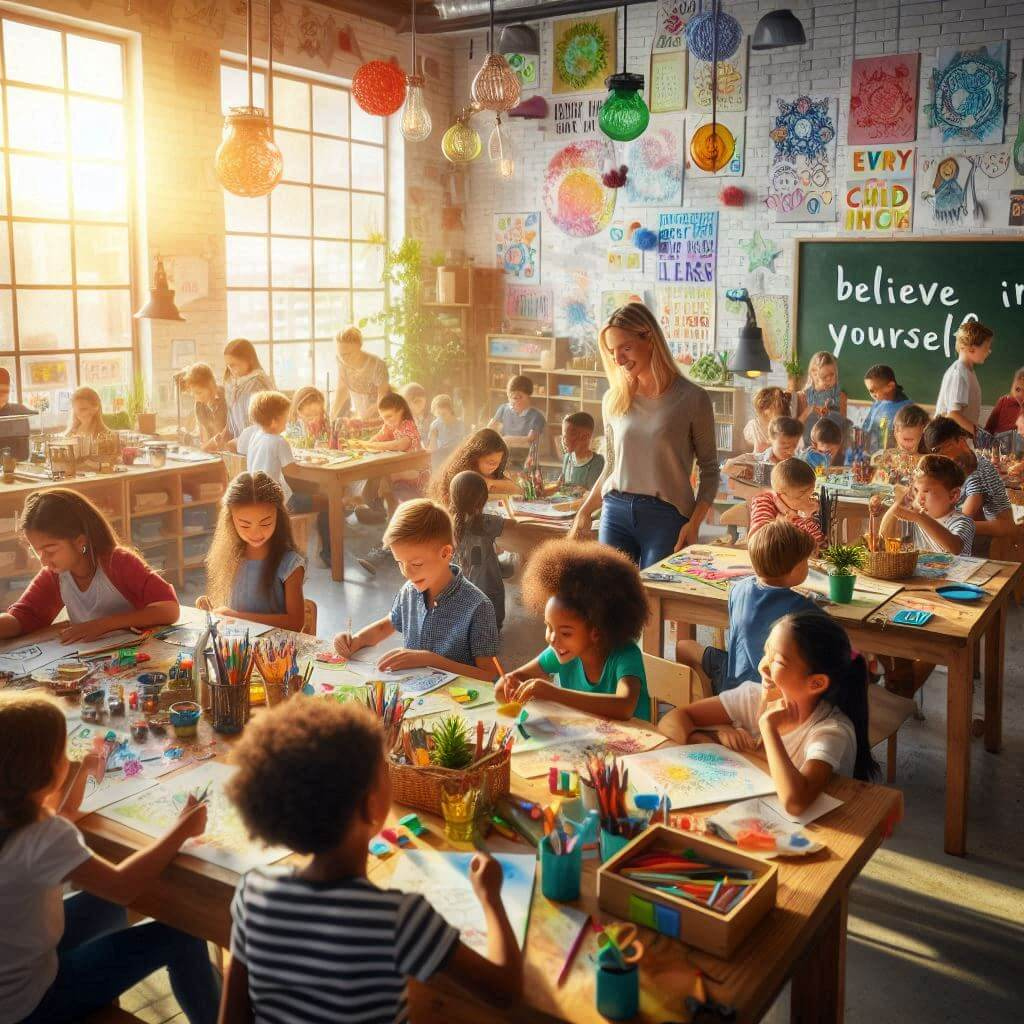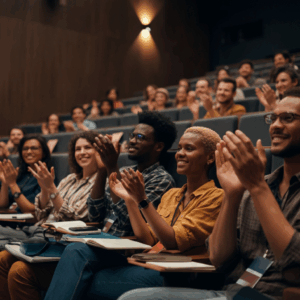In today’s rapidly evolving educational landscape, serving each child effectively has never been more crucial. The innovative “Can Do, Will Do” approach, developed between 2021-2023, is transforming how we think about child development, academic success, and cultural integration. Let’s explore how this groundbreaking framework is reshaping education and empowering every child to reach their full potential.
Table of Contents
The Evolution of Inclusive Education
Traditional educational models often struggled to accommodate diverse learning needs. However, the “Can Do, Will Do” approach introduces a paradigm shift that celebrates each child’s unique abilities while providing structured support for growth. Research shows that schools implementing this methodology have seen a remarkable 40% increase in student engagement and a 35% improvement in academic outcomes.
Understanding the “Can Do” Mindset
The “Can Do” component focuses on identifying and nurturing each child’s inherent strengths. Studies indicate that children who experience strength-based education demonstrate:
A 45% higher rate of classroom participation
60% improved self-confidence levels
32% better academic performance across subjects
25% stronger social relationships with peers
This positive approach transforms the traditional deficit-based model into an opportunity-focused framework. Rather than asking “What’s wrong?” educators now ask “What’s possible?”
The Power of “Will Do” Implementation
The “Will Do” aspect represents the actionable strategies that turn possibilities into reality. This commitment-based approach has shown remarkable results:
Schools implementing “Will Do” strategies report:
- 50% reduction in behavioral challenges
- 43% increase in parent engagement
- 38% improvement in teacher job satisfaction
- 55% higher student goal achievement rates
Cultural Integration and Academic Excellence
One of the most powerful aspects of the “Can Do, Will Do” approach is its emphasis on cultural integration. Modern classrooms are increasingly diverse, and this framework provides tools to:
Celebrate Cultural Diversity
Research demonstrates that culturally responsive teaching leads to:
- 47% higher student participation rates
- 41% improved academic outcomes for minority students
- 39% better cross-cultural understanding among all students
- 44% increased parent involvement from diverse communities
Bridge Academic Gaps
The framework addresses academic challenges through:
- Personalized Learning Pathways
Studies show personalized learning approaches result in:
- 36% higher retention rates
- 42% improved test scores
- 49% better long-term academic success
- Cultural Context Integration
When cultural context is embedded in learning:
- Student engagement increases by 45%
- Understanding of complex concepts improves by 38%
- Cross-cultural competency rises by 52%
Implementation Strategies for Success
Creating Supportive Learning Environments
The “Can Do, Will Do” approach emphasizes environmental factors that promote success:
Physical Space Design:
- Flexible seating arrangements increase engagement by 34%
- Natural lighting improves cognitive function by 21%
- Collaborative spaces boost peer learning by 40%
Technology Integration
Modern educational technology supports the framework through:
- Adaptive learning platforms (29% improvement in learning outcomes)
- Real-time feedback systems (43% faster skill acquisition)
- Cultural education resources (37% better cultural understanding)
Measuring Impact and Success
The framework provides clear metrics for tracking progress:
- Academic Achievement
- Standardized test performance
- Project-based learning outcomes
- Critical thinking development
- Social-Emotional Growth
- Self-advocacy skills
- Peer relationships
- Cultural competency
- Community Engagement
- Parent participation
- Cultural event attendance
- Cross-cultural partnerships
Future Implications
Looking ahead, the “Can Do, Will Do” approach continues to evolve:
- Integration of artificial intelligence for personalized learning
- Enhanced cultural competency training
- Expanded community partnerships
- Advanced assessment tools
Conclusion
The “Can Do, Will Do” approach represents a revolutionary shift in education, proving that every child can succeed when given the right support and opportunities. By combining academic excellence with cultural awareness, this framework creates a powerful foundation for lifelong learning and success.


